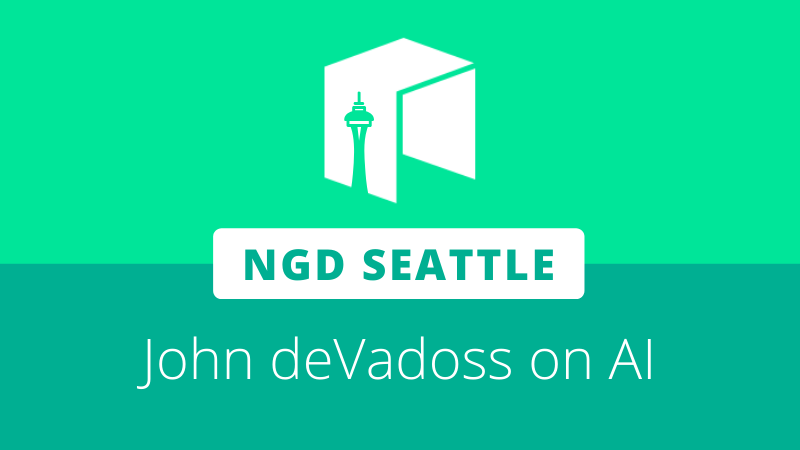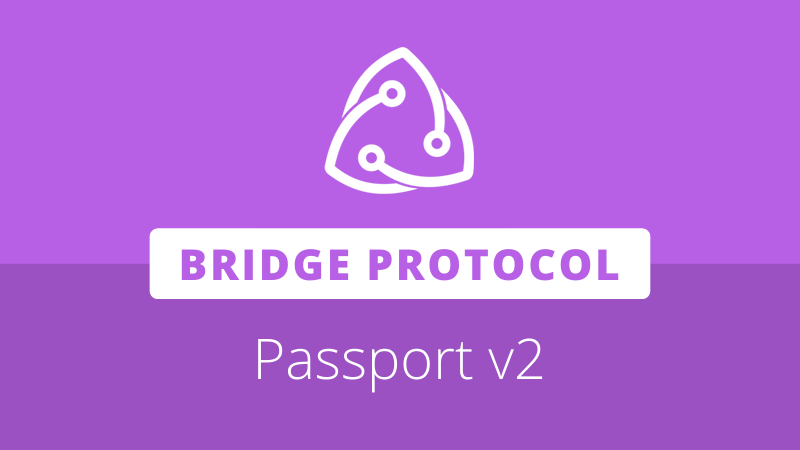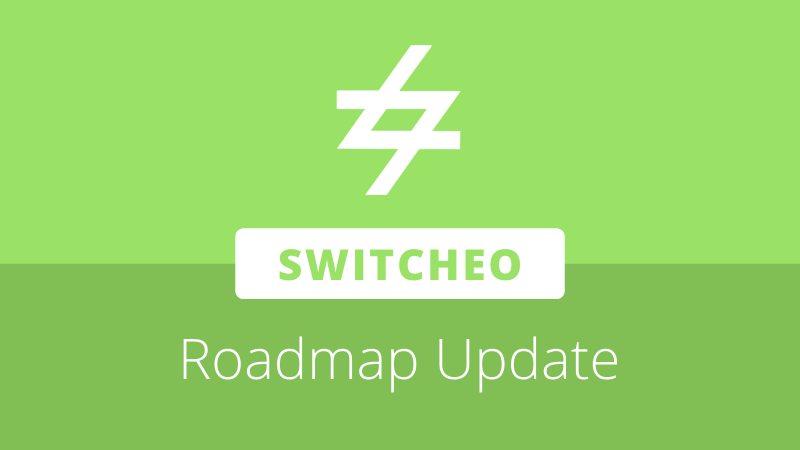
Neo Seattle head of development, John deVadoss, recently published a guest article on blockchain news website CryptoSlate. In the post, deVadoss discusses the current popularity of AI, the long-term challenges of the machine learning industry, and how blockchain can assist with its development.
Following his career with Microsoft, deVadoss built and exited two machine learning startups, a field which he studied for a PhD with a focus on recurrent neural networks. At Neo Seattle, deVadoss oversees the construction of development tools designed to attract traditional developers to the Neo platform and blockchain technology.
AI and machine learning
deVadoss begins his post with an introduction to the history of artificial intelligence from when the term was coined in the 1950s. Various advancements and innovations would occur in later decades, such as the invention of backpropagation, a technique that allows a neural network to be weighted to minimize the cost of a task by learning from single examples.
Further, he explains that machine learning algorithms are primarily responsible for most applications that are popularly referred to as ‘AI,’ including voice-controlled assistants like Siri and Alex, self-driving cars, and healthcare innovations such as cancer diagnosis. deVadoss explains:
“Much of what we term AI today results from the application of Machine Learning to extraordinarily large amounts of data… so-called deep learning techniques.”
A deep learning model intends to teach a computer to learn from a huge number of examples, gaining the ability to perform classification tasks. For example, the model could learn to differentiate between an image of a cat or a dog, or become able to interpret hand-written letters.
How blockchain can help
deVadoss also posits the two major challenges that may hinder the evolution of deep learning techniques; the privacy-intrusive nature of centralized data aggregation, and the vulnerability of single-vendor implementations.
Deep learning requires huge quantities of training data, and that data must be stored somewhere—usually a single system or datacenter. This data is then mined to build deep learning models, potentially processing huge quantities of sensitive information:
“It will be apparent to the reader that this approach is privacy-intrusive. With, and often, without the user’s permission, these systems are exploiting sensitive private data in order to build their AI applications.”
Continuing, deVadoss explains the single-vendor problem:
“Second, and equally problematic is that the centralized approach is typically dependent one on vendor i.e. the vendor’s choice of algorithm, their implementation mechanism (language, library, tools), their preferred hardware (in-house, external, dependency on chip manufacturer etc.), their data center architecture, their personnel (risk of being compromised, bribed etc.), and their choice of tools to surface the results of the training algorithms.”
deVadoss notes that blockchain has the ability to address both of these flaws. Firstly, blockchains provide users with full control over the availability of their own data, in particular with the application of zero-knowledge proofs.
Secondly, the use of a consensus mechanism allows a blockchain to be decentralized, so that new AI applications may be developed without reliance on the potential risks and faults present in single-vendor implementations. These risks are particularly apparent due to the presence of false positives and false negatives, where a neural network may be accidentally trained to hold an incorrect bias in its classifications.
“It is imperative that we move away from single-vendor implementations and their associated risks towards decentralized Deep Learning implementations, using computing resources (algorithms, languages, hardware et al) that span multiple suppliers and vendors.”
The full article may be read on CryptoSlate at the link below:
https://cryptoslate.com/how-blockchain-technology-can-save-ai/







About The Author: Brett Rhodes
Brett is a blockchain enthusiast and freelance writer who originally began producing content for the gaming & eSports industries. Now he spends most of his time contributing in the Neo ecosystem.
More posts by Brett Rhodes